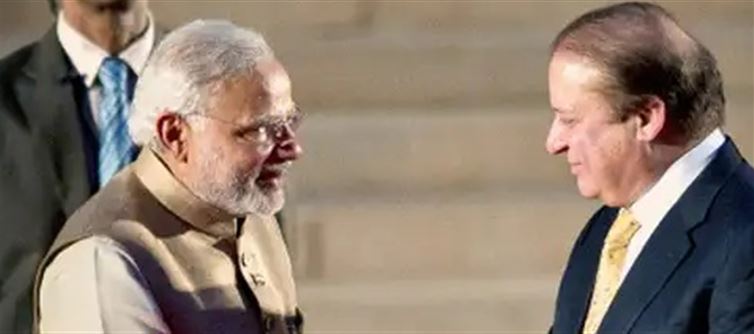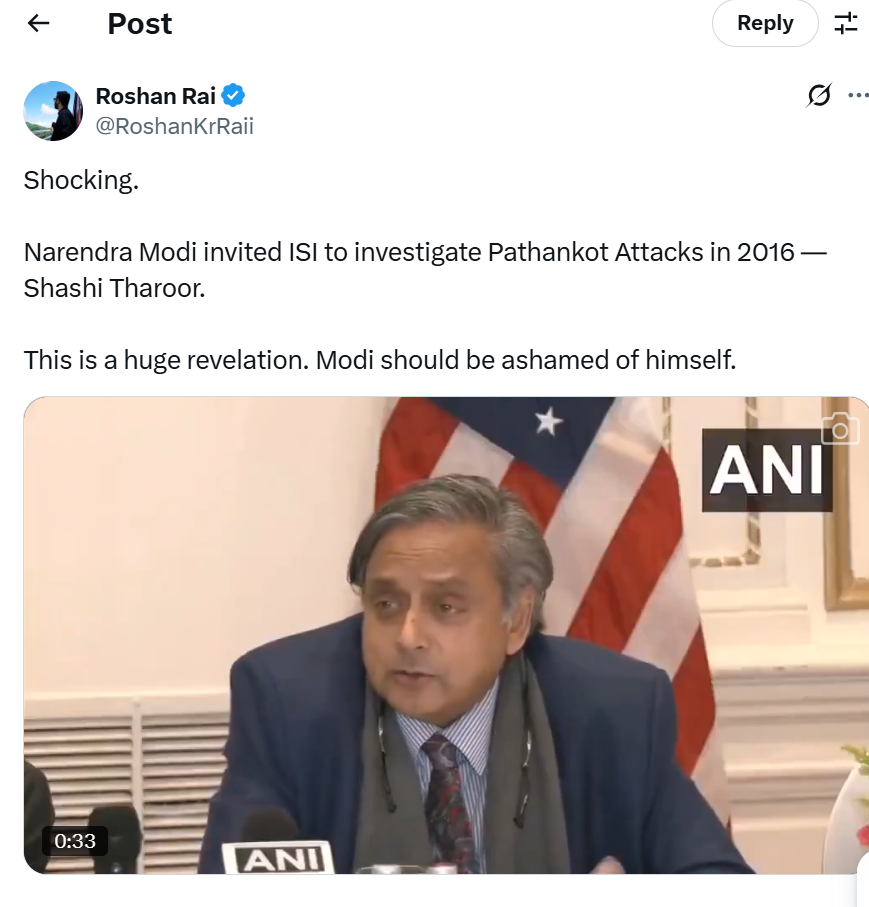
If true, Modi’s invitation to the ISI—a Pakistani intelligence agency often accused of supporting militant groups operating in India—raises serious questions about India’s diplomatic strategies and the handling of national security matters during that period.
 Such a disclosure challenges the prevailing narrative around the indian government’s hardline stance against Pakistan-sponsored terrorism, suggesting a level of backchannel engagement and cooperation that was never publicly acknowledged. Critics may argue that involving the ISI in the investigation compromises India’s sovereignty and risks legitimizing an agency with a murky history in supporting insurgency.
Such a disclosure challenges the prevailing narrative around the indian government’s hardline stance against Pakistan-sponsored terrorism, suggesting a level of backchannel engagement and cooperation that was never publicly acknowledged. Critics may argue that involving the ISI in the investigation compromises India’s sovereignty and risks legitimizing an agency with a murky history in supporting insurgency.On the other hand, some may see it as a pragmatic attempt at intelligence sharing and conflict de-escalation, reflecting the complexities of Indo-Pak relations where official hostility often coexists with covert communication. This revelation could reignite debates about transparency, accountability, and the true nature of India’s counterterrorism policies.
The political fallout from this claim could be significant, especially given the polarized environment of indian politics. Modi’s supporters may dismiss the statement as political posturing, while opposition parties could leverage it to question his leadership and national security credentials. More broadly, it underscores the opaque and often contradictory strategies governments employ in dealing with terrorism and international diplomacy.
For the public and policymakers alike, the Pathankot investigation serves as a reminder of the delicate balance between pursuing justice, safeguarding sovereignty, and engaging with adversaries behind closed doors—an intricate dance with consequences that continue to resonate years after the attack.




 click and follow Indiaherald WhatsApp channel
click and follow Indiaherald WhatsApp channel